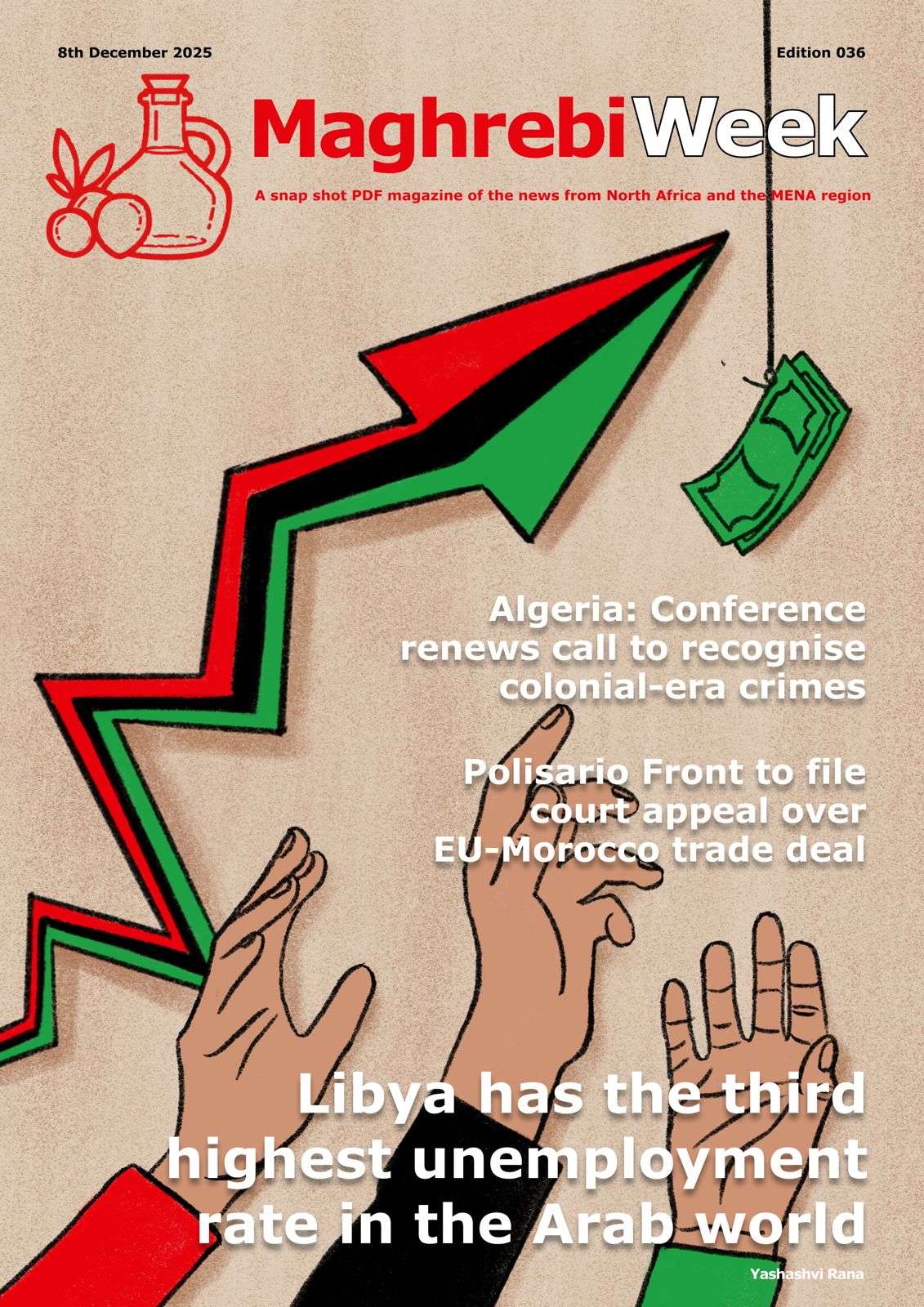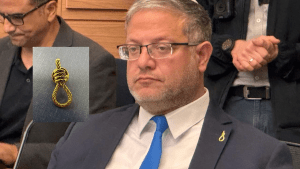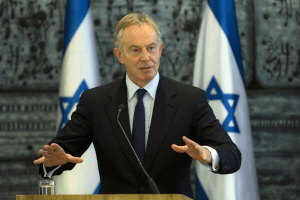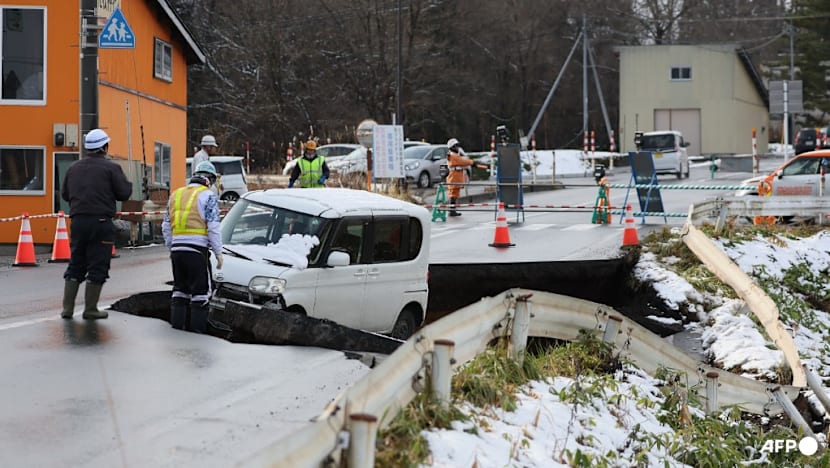Is the UNRWA hindering the Palestinian Authority’s reformation?
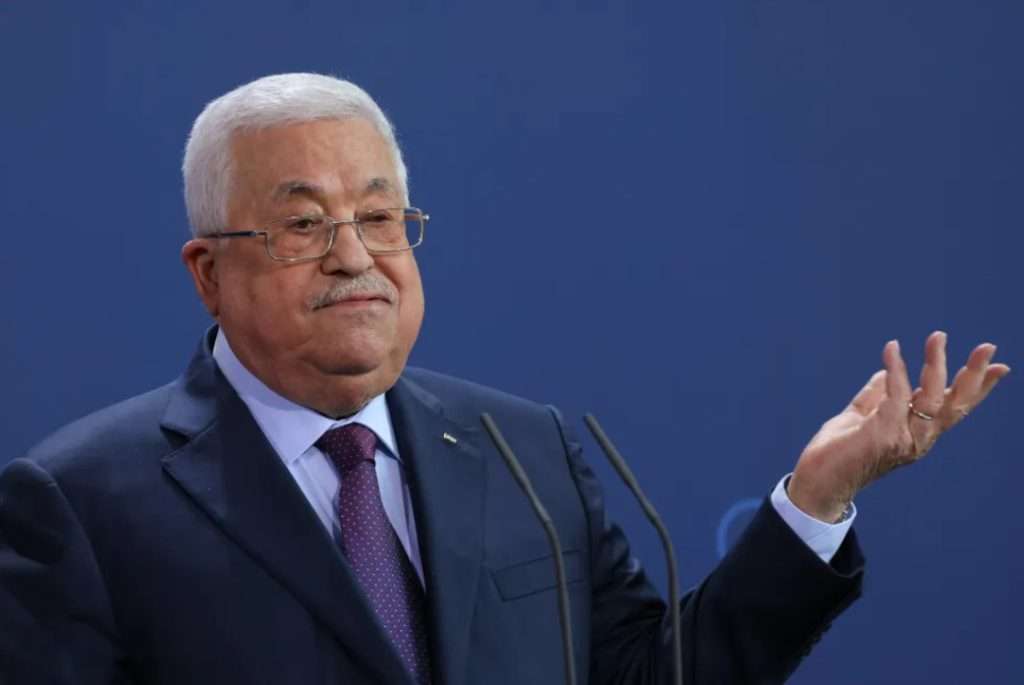
With the fragile Gaza ceasefire having made its appearance, and Hamas signalling its willingness to give up control, the turn of events leaves room for the Palestinian Authority to prevail over a certain UN agency.
The emergence of the delicate Gaza ceasefire, might indicate a new lease of life for the Palestinian Authority (PA) which has been grappling for power over the enclave with Hamas. All the while, the UN’s Palestinian refugee agency (UNRWA) has for many years assumed the role of addressing Palestinian humanitarian demands and delivering wider services.
As far as the ceasefire goes, we have been here before, the last one was notably fragile and the latest one seems to be heading towards an official collapse – only this time the deal was secured during a period of heightened pressure on the authority to shape up.
Now let’s not be pedantic about the state of the Gaza conflict. While there has been no formal declaration of the ceasefire falling apart, in reality it has. Israel’s military campaign has shown no sign of ending, with Palestinians still being killed due to Israeli attacks, following the Gaza truce.
But the push for the PA’s reformation could make the ceasefire’s collapse somewhat irrelevant to the destiny of the authority.
During an interview with Channel 12, the authority’s president Mahmoud Abbas explained that the PA is liaising with the US on reforms.
Abbas said: “We launched a reform that also includes the issue of prisoners’ salaries, which we agreed upon with the United States, in addition to reforms in education, health and the economy — some have already been implemented and others will be implemented . . .”
But whilst the PA has claimed that progress is in the works, fulfilling these reforms would be challenging on a bureaucratic and geopolitical level, when you consider the influence of Israel. Palestinian civil servants have been unable to receive their salaries due to Israel freezing a number of funds that were initially destined for the PA. Consequently, the tax revenues the PA requires to pay police officers and teachers has been frozen. Israel’s economic warfare on the PA is ultimately impeding its progress, which suggests the authority lacks the protection and self-reliance that an autonomous entity needs, to feasibly govern a population. But could it ever gain more autonomy?
“The idea of a United Nations body just existing alongside what we are trying to build, which is a Palestinian state, just doesn’t make sense.”
In an interview with Maghrebi, Dr Simon Waldman, who is a teacher at the Department of War Studies and the Defence Studies Department of Kings College London, asserted that the PA has the potential to supersede Hamas. He says: “The Palestinian Authority is facing pressure to reform and change . . . and there is international pressure for it to get more efficient, weed out the nepotism and corruption which means it could be a viable political alternative to Hamas.”
The authority has equally attempted to put its foot down. The president has more than once openly denounced Hamas and has claimed that the militant group would be disarmed under the circumstances of any ceasefire. He has also claimed that the group has no place in Gaza’s future governance.
What’s more, amid Israel and Hamas agreeing to phase one of the US-brokered ceasefire deal, Senior Hamas official Dr Basem Naim said during an interview with Sky News that his group is prepared to let a Palestinian body take control over Gaza. Now Naim’s commitment to this does seem shaky, considering that he said his group would still need to have a presence “on the ground” and will not submit itself to disarmament.
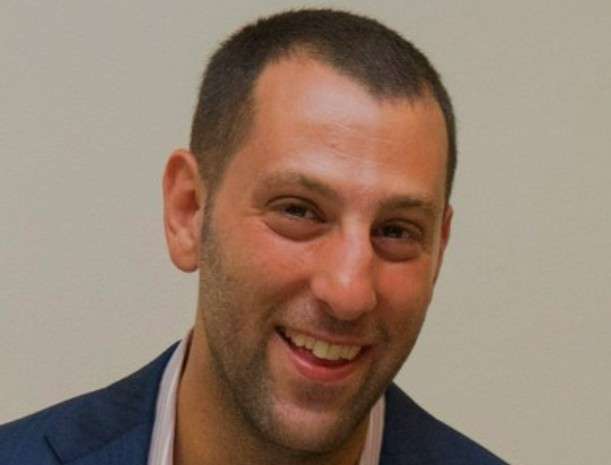
And the militant group’s capacity to leverage its sentiment cannot be denied when you consider its ties. Waldman says: “Elements of UNRWA are supportive of Hamas.”
He says that if Hamas can influence the UN agency Hamas is then “part and parcel of providing services for Palestinians.” He asserts that this means Hamas could indeed be militarily defeated but that “as an entity providing services it will not be defeated, and then politically, it can re-emerge.”
Waldman says that the solution here is transferring the function of the UNRWA to the PA, which he argues would legitimise the authority. This could be quite fitting when you consider how the UNRWA has been grappling to maintain its power while facing a funding gap.
The UNRWA has struggled to continue its work in Gaza under Israel’s blockade, Yet it was reported on January 30th that the agency vowed to continue working in the occupied Palestinian territories, in spite of Israel implementing a ban on its operations. The situation only got worse. The BBC reported on May 8th that Israel’s security forces have enforced the shutdown of three UNRWA-run schools within East Jerusalem, which saw hundreds of Palestinian pupils leaving the schools in Shuafat refugee camp. But while the agency has been constricted by Israel it has also been elbowed by the West.
This year, President Donald Trump extended his country’s funding ban on the agency. It was also reported on February 19th this year, that the UK might be thinking twice about continuing its funding for the agency, according to Israeli media. Allegedly, Prime Minister Keir Starmer was having second thoughts following a phone conversation with former British-Israeli captive Emily Damari in January this year. Damari reportedly told the leader that she had been held in a UNRWA facility, by Hamas. Yet, the UK foreign Office denied that the UK was having second thoughts.
According to a UK government press release published on July 19th 2024, the then foreign secretary David Lammy had declared that the UK would reintroduce financial support to the agency, amid the worsening humanitarian crisis in Gaza. The British funds had initially been suspended following claims from Israel that 12 UNRWA workers were involved in the October 7th 2023 Hamas-led attacks on the Middle Eastern country. This makes it clear the West is losing its faith in the agency over its claimed connection with Hamas. But it has evidently gone beyond being nothing but a claim. Tellingly, Euronews reported on September 18th this year, that a report from the organisation, UN Watch, identified both personnel and financial ties between Hamas and UNRWA. So while support for the UN agency has shown cracks, this begs the question as to whether the PA will enjoy endorsement from the international community.
Under Trump’s peace plan for Gaza the PA must implement reforms in order to assume control of the territory. However, a different plan formed by France and Saudi Arabia had reportedly emphasised that the PA would have a key role in Gaza. The idea was, “a transitional administrative committee” would have been set up in Gaza “under the umbrella of the Palestinian Authority.” But with Trump seemingly spearheading the plan for Gaza’s future, the PA’s potential is now dependent on its capacity to reform comprehensively.
For now, reform seems to be a case of if, but should it be achieved, the relevance of the UNRWA will likely diminish. Waldman says: “If a reformed Palestinian authority gained a foothold within a technocratic government in the Gaza Strip for the Strip to be a viable part of the Palestinian state, surely the services of healthcare and education [that UNRWA operates] should be under the Palestinian authority.”
He adds: “The idea of a United Nations body just existing alongside what we are trying to build, which is a Palestinian state, just doesn’t make sense.”
It seems, the potential official decline of the UN agency would lead to the PA being emboldened, which could answer the question as to why the PA has not yet been fully reformed. And with the UN agency reportedly having links with Hamas and losing out on funding, there is a need for an alternative entity to support Palestinians. There have been talks of the PA eyeing reforms, which in time could lead to the authority increasing its duties to the point that the agency reduces its influence. Time will tell, if there will be a shift in power.
Maghrebi.org, The Guardian, Sky News, BBC, SBS, Reuters, Middle East Eye, GOV.UK, Euronews, The Times of Israel via Channel 12
Want to chase the pulse of North Africa?
Subscribe to receive our FREE weekly PDF magazine



